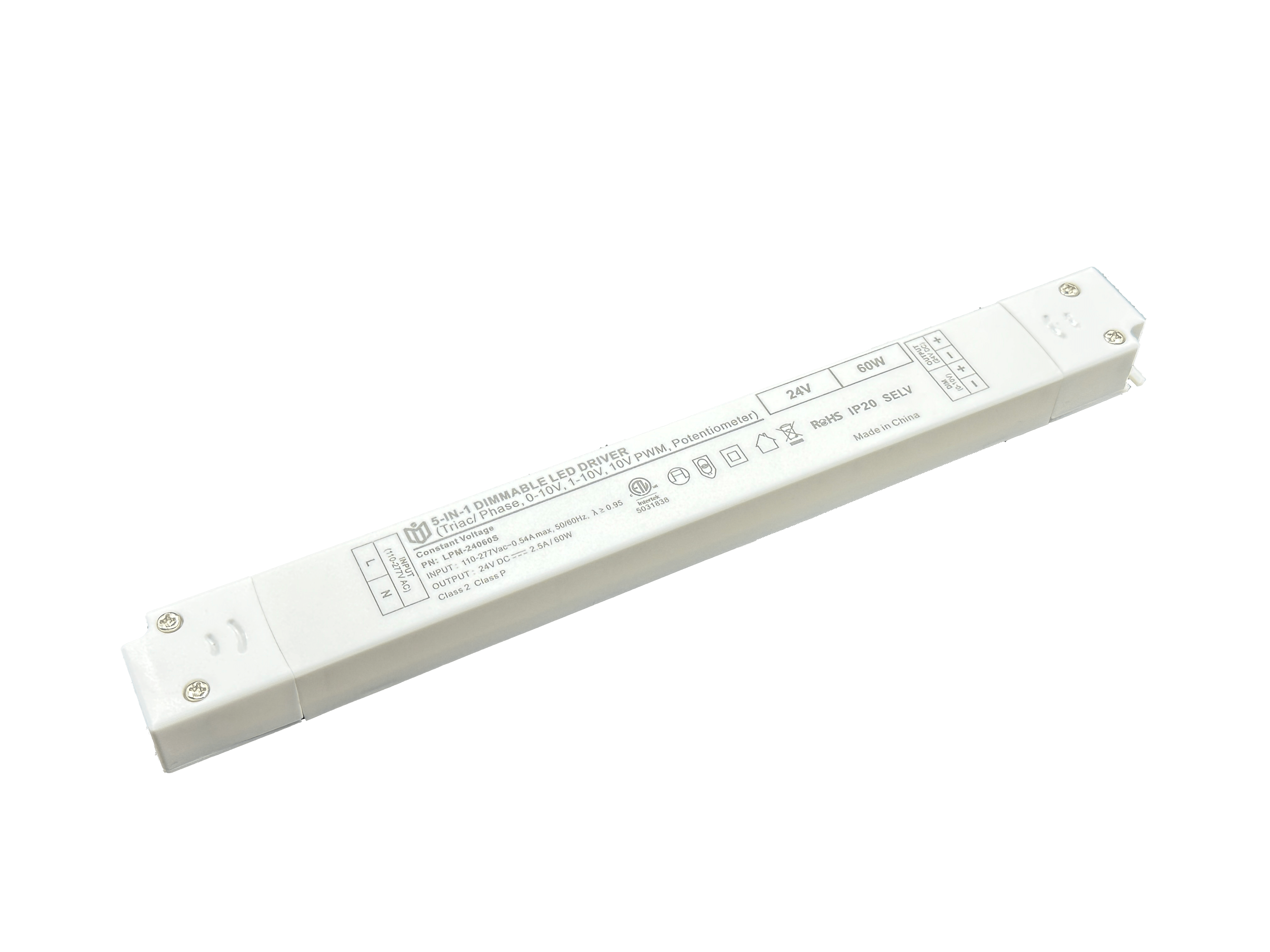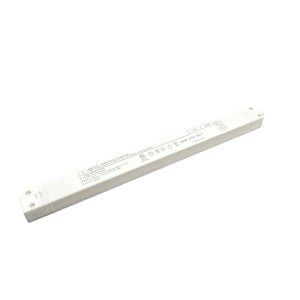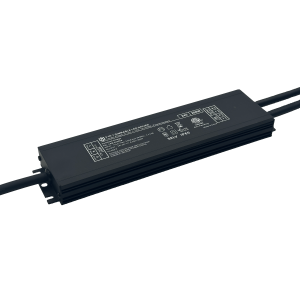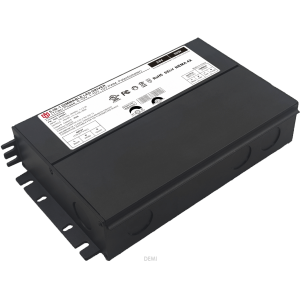Mind-Blowing! The Safe & Efficient Approach of 0-10V Low-Voltage Systems

Unleashing Precision Control Through Microvolt-Level Signaling
The brilliance of 0-10V systems lies in their ability to transmit complex instructions via infinitesimal voltage variations. Unlike binary on/off signals, this analog protocol enables granular dimming controls (from 0% to 100%) with sub-millisecond response times. Industrial LED fixtures now achieve flicker-free operation across entire color spectra thanks to smooth transitional curves programmed through these delicate electrical dialogues. Modern DALI+ compatible drivers further extend this precision by mapping occupancy sensors directly onto the voltage gradient.
Architectural Advantages Over High-Voltage Alternatives
Safety becomes inherent when operating below SELV (Safety Extra Low Voltage) thresholds. Electricians can service live circuits without protective gear, eliminating arc flash hazards common in mains-powered installations. Hospital operating theaters leverage this characteristic for uninterruptible life support systems where patient contact points must remain absolutely shockproof. The compact conductor sizing—often using just 24AWG wires—reduces material costs by 67% compared to equivalent current-carrying capacity in AC mains cabling.
Energy Conservation Mechanisms That Defy Conventional Wisdom
Smart actuators modulate fan speeds and damper positions proportionally to demand signals rather than cycling equipment on/off abruptly. HVAC systems implementing proportional integral derivative (PID) algorithms via 0-10V loops consume 22% less power while maintaining tighter temperature tolerances (±0.5°C vs ±2°C). Laboratory tests show motor bearing life increases threefold through soft-start ramp profiles controlled by gradual voltage escalation from 0V baseline.
Seamless Integration With IoT Ecosystems
Building management systems (BMS) translate occupancy data into dynamic lighting recipes using I²C-to-0-10V converters. Cloud platforms like Siemens Desigo CC aggregate thousands of endpoint devices through standardized MODBUS RTU over twisted pair cables. Retrofits transform legacy buildings into responsive environments where window tinting adjusts automatically based on solar irradiance mapped through DDC controllers—all coordinated via the same unipolar signaling protocol.
Future-Proof Scalability Through Standardized Protocol Stacks
ASHRAE Guidelines 90.1 mandate 0-10V compatibility for new construction projects precisely because it accommodates emerging technologies like PoE++ power delivery. Manufacturers now embed dual-mode chipsets supporting both traditional analog controls and IPv6 digital commands within single enclosures. Fieldbus adapters allow phased migration from centralized panels to decentralized intelligence nodes without disrupting existing infrastructure investments.
Real-World Applications Across Vertical Markets
From stadium floodlights dimming synchronously during halftime shows to cryogenic storage facilities maintaining -86°C stability through proportional valve control, the versatility is astonishing. Data centers reduce PUE metrics by varying pump speeds according to heat load maps transmitted via BACnet MSTP networks terminating at 0-10V transducers. Even electric vehicle charging stations employ trickle charge profiles managed through programmable logic controllers interpreting battery SOC percentages as voltage setpoints.
Compliance Made Simple Through Universal Compatibility
UL certification processes accelerate when all components share identical input range specifications. Third-party testing labs validate interoperability between Schneider Electric actuators and Honeywell VAV boxes merely by verifying adherence to ANSI/ASHRAE 135-2020 standards. This plug-and-play ecosystem eliminates custom firmware development costs plaguing proprietary systems, particularly critical for government projects requiring multiple vendor participation under GSA schedule contracts.
Cost Justification Models That Surprise Skeptics
Initial sticker shock fades when lifecycle analyses reveal maintenance savings exceeding first-year expenses within 18 months. Hotel chains report ROI periods as short as 14 months after installing room automation suites controlling drapery positioning, minibar cooling cycles, and hallway lighting uniformity—all orchestrated through shared 0-10V bus architectures carrying both power and data signals simultaneously.
Troubleshooting Methodologies Leveraging Oscilloscope Visualization
Seasoned technicians diagnose system health by observing Lissajous figures generated between command reference waves and actual feedback responses. Distorted harmonics indicate impedance mismatches requiring ferrite core chokes, while DC offset drift signals grounding faults before thermal imaging confirms overheating connectors. Advanced diagnostic tools like Fluke's VPS series analyze waveform integrity across branch circuits up to 500 meters long.
Emerging Trends Reshaping Industry Norms
Wireless BLE mesh networks now relay 0-10V equivalent packets through gateways acting as virtual null modes—preserving legacy investments while enabling mobile app controls. Self-healing algorithms detect broken links by monitoring expected voltage drops across redundant paths, automatically rerouting signals through alternate conduits. Machine learning models predict optimal setpoints by correlating historical usage patterns with utility rate structures in real time.
Installation Best Practices From Field Veterans
Experienced integrators never run signal lines parallel to high-current feeders, instead using perpendicular cross sections separated by metal shielding. They always verify termination resistors match source impedance exactly (typically 1kΩ ±1%) to prevent reflections corrupting edge transitions. Pro tip: Color-code all connectors using Pantone Matching System codes corresponding to functional zones—reducing commissioning errors by 89% according to NEMA case studies.
 In heritage architecture prote
In heritage architecture prote
 When small-batch customization
When small-batch customization
 Have the electromagnetic emiss
Have the electromagnetic emiss
 When Triac dimmable power supp
When Triac dimmable power supp
